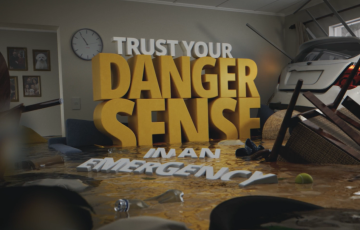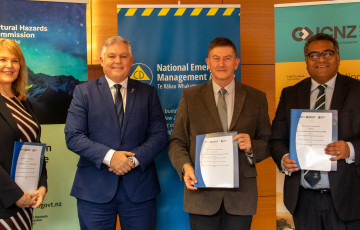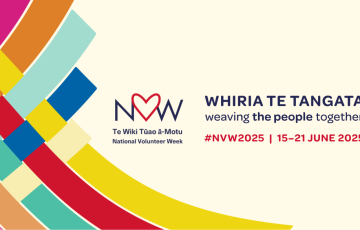Tomorrow is World Tsunami Awareness Day
The UN General Assembly has made 5 November World Tsunami Awareness Day with the first one being held this year. It’s a chance for all of us to find out more about tsunami and how to prepare for them.
A tsunami is a series of waves caused by large earthquakes, and the waves can become fast moving walls of water which can affect lives and property. The severity of this threat has been brought home in recent years by the devastating images of the Indian Ocean tsunamis in 2004 and 2005, Samoa in 2009, Chile in 2010 and Japan in 2011.
Acting Director of Civil Defence & Emergency Management David Coetzee says all of New Zealand’s coast line is at risk of tsunami.
“For most of us, that means we live near - or visit - places that are at risk and we need to know the right action to take. For a local source tsunami, which could arrive in minutes, we will unlikely be able to issue official warnings in time before the first waves arrive. Even if we did, we cannot expect there will be sufficient time to take action in response to them. It is therefore important not to wait for official warnings, but instead recognise the natural warning signs and act quickly.”
If you are at the coast and experience any of the following:
- Feel a strong earthquake that makes it hard to stand up, or a weak rolling earthquake that lasts a minute or more
- See a sudden rise or fall in sea level
- Hear loud and unusual noises from the sea
Move immediately to the nearest high ground, or as far inland as you can.
“World Tsunami Awareness Day is a chance for all New Zealanders to learn more about the tsunami risk in our regions, know how to prepare for them and update our plans to keep our families safe.”
The Ministry’s website www.civildefence.govt.nz has information for schools, employers and families wanting to use World Tsunami Day to be more prepared.
Mr Coetzee says people should contact their council or Civil Defence Emergency Management Group for information about their local arrangements in the event of a tsunami.
Visit www.happens.nz to find out how to prepare for emergencies.
Published: Nov 4, 2016, 12:16 PM



